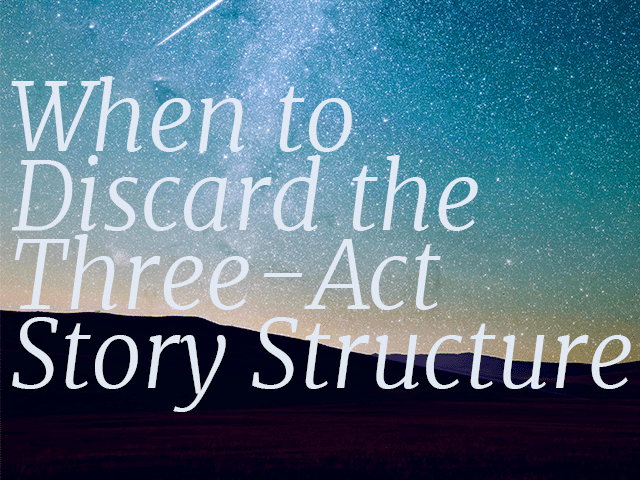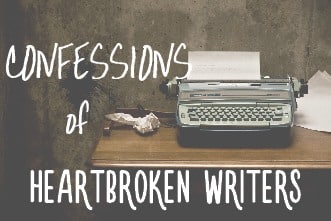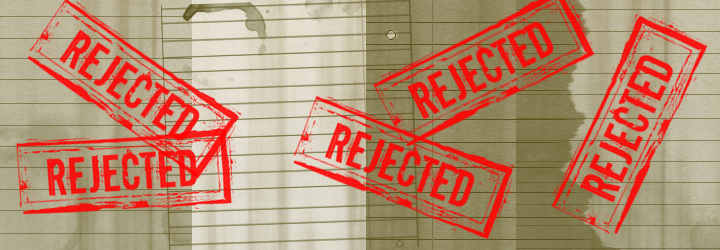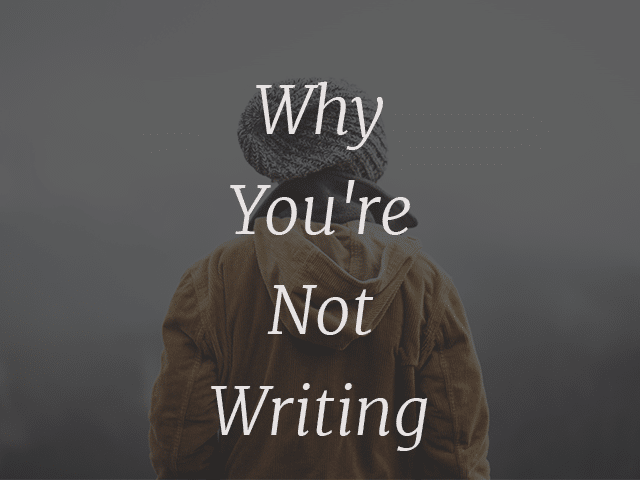
When to Discard the Three-Act Story Structure
There are times to follow the rules of story, and there are times to break the rules. When should you use the three-act story structure, and when should you discard it entirely?

There are times to follow the rules of story, and there are times to break the rules. When should you use the three-act story structure, and when should you discard it entirely?

On Saturday, April 11 at 6:49 am, my wife gave birth to our second son, Remington Seth Eugene Bunting—or Remy.

One of the best ways to writing a good descriptive piece is to think about the five senses. Sight is a commonly used one, as it’s usually the one we rely on most, but what about sound? What about touch or taste or smell? Here are three exercises you can use to explore the other senses.

I get it why they call it a heartbreak. It’s this deep feeling in your chest, something inexplicable. The pain isn’t sharp, or dull, the pain is tight. The pain is like a balloon, full of so much air, the rubber is stretched so tight—ready to burst. And then, the pain is fleeting.


Sometimes after people learn I’m a writer, they confess to me in private they have a book inside them. They dream about it and long to make that happen. I know others who talk a lot about writing. They post writerly quotes on social media, links to publishing articles and always know the latest industry buzz. Another set are voracious readers; they can discuss a variety of cool topics or brainstorm story ideas. They love the whole literary scene.
What all these folks share in common is…